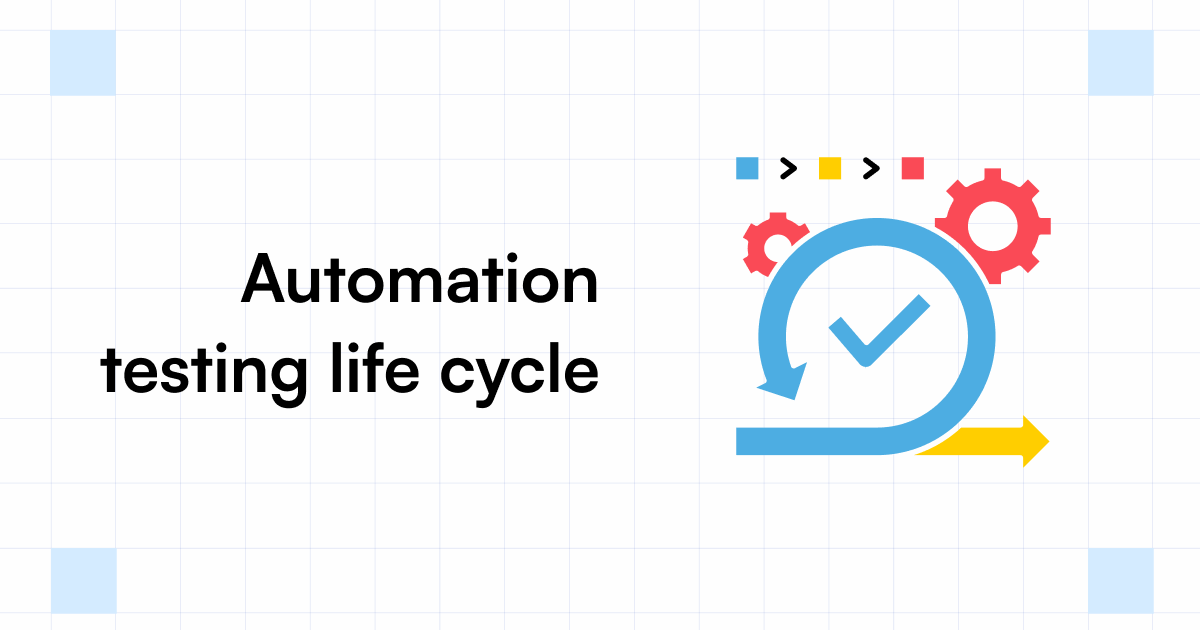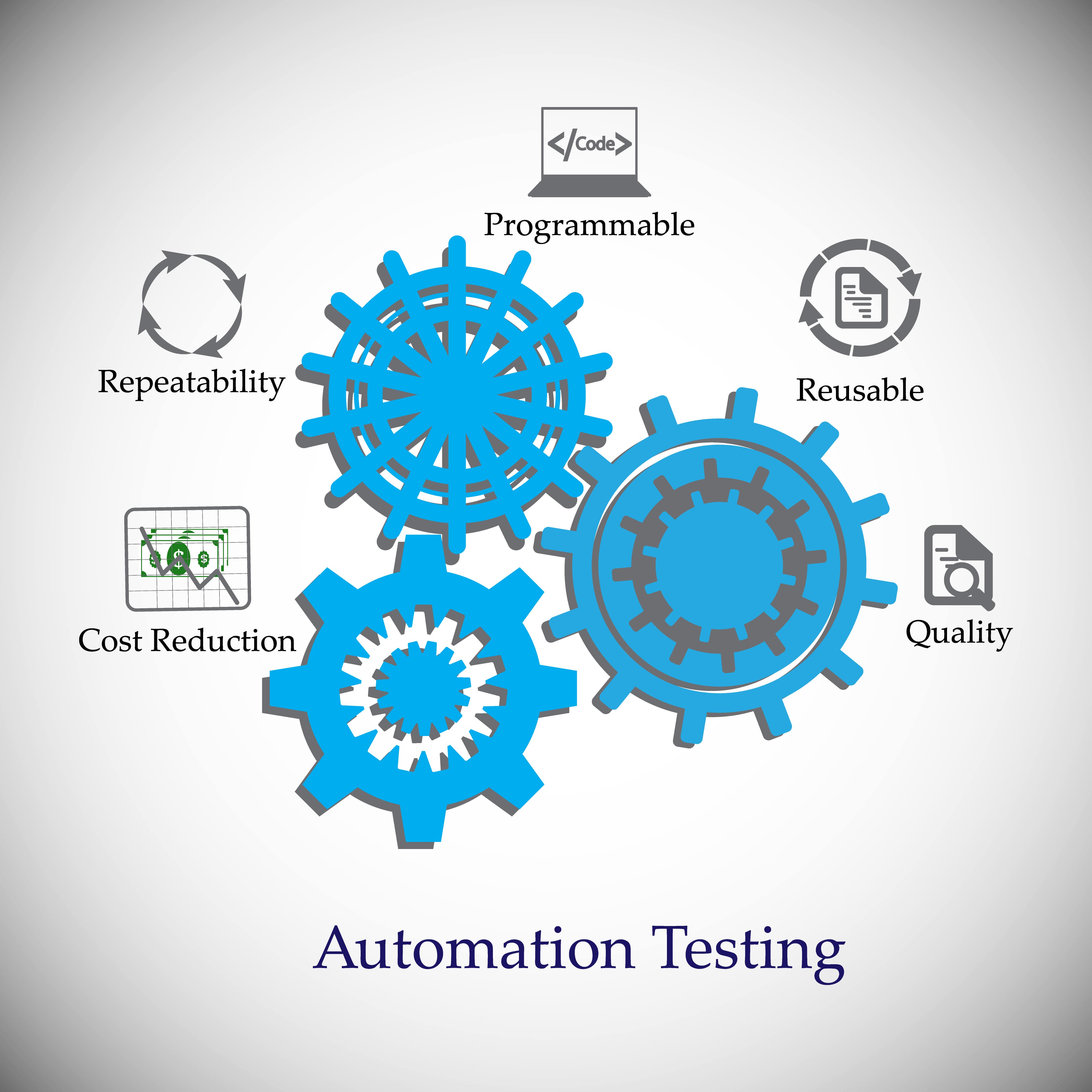Unlocking the Power of Automation Testing: Ideal Practices, Tools, and Techniques to Improve Your Testing Process
Automation screening has actually ended up being a foundation in contemporary software application development techniques, using a myriad of benefits such as increased efficiency, faster time-to-market, and boosted general quality. Nonetheless, the real possibility of automation testing lies not simply in its implementation yet in the tactical method taken in the direction of its execution. By utilizing best methods, using the right devices, and developing streamlined approaches, organizations can open a world of possibilities in their screening processes. The course to utilizing the power of automation screening is paved with insights and strategies that can transform just how software is checked and supplied.
Value of Automation Examining
Automation testing plays a crucial function in contemporary software application growth by boosting efficiency, reducing human error, and making sure the high quality of software. Applying automation screening permits the execution of repetitive test cases, regression testing, and performance testing in a more reputable and effective way. By automating these procedures, software program growth groups can save time and resources that would otherwise be invested on hands-on testing.
In addition, automation screening considerably decreases the probability of human error, as the tests are performed consistently and precisely each time they are implemented. This consistency causes a lot more trustworthy outcomes and helps identify issues early in the growth process. Additionally, automation screening promotes constant integration and continual distribution methods by providing quick comments on the quality of the software program item.
Best Practices for Automation Screening
Successfully executing automated screening methods can significantly boost the total high quality and reliability of software program products. To make sure successful automation screening, it is important to follow finest practices that simplify the testing procedure and maximize its performance.
Firstly, it is important to very carefully plan the automation and prepare strategy. This involves recognizing the right examination cases for automation, developing clear purposes, and setting practical expectations. Focusing on examinations based on important functionalities and potential influence on the software application is essential to maximizing automation efforts.
Secondly, keeping a robust and scalable test automation structure is essential for long-term success (automation testing). Using modular and multiple-use examination manuscripts, applying proper version control, and regularly upgrading test situations to show adjustments in the software application are essential facets of a lasting automation strategy
Additionally, including continual assimilation techniques right into the automation procedure assists in identifying issues early and ensuring smooth cooperation amongst group members. By adhering to these best practices, companies can utilize automation screening to accomplish higher efficiency, improved software program top quality, and faster time-to-market.
Vital Devices for Automation Checking
Having actually established a solid structure with best techniques for automation screening, the next critical step is to identify and use the necessary tools necessary for reliable test automation. These devices play a pivotal duty in enhancing the screening procedure, raising performance, and making sure the high quality of software applications.

For reliable examination administration and cooperation, devices like Jira, TestRail, or HP ALM can assist in arranging test situations, tracking problems, and helping with communication among team members. Additionally, performance screening devices like JMeter or LoadRunner are important for examining the scalability and security of applications under varying lots problems. By leveraging these necessary tools, organizations can boost their automation screening capacities and achieve faster time-to-market with high-quality software program items.
Techniques for Streamlining Examining Refine
To optimize the screening process and enhance total effectiveness, strategic preparation and precise execution are extremely important in accomplishing structured screening operations (automation testing). One reliable technique for simplifying the screening procedure is to prioritize examination situations based on their effect and frequency of use. By concentrating on high-impact test cases that cover essential capabilities and are frequently made click resources use of by end-users, teams can allot resources extra efficiently and make certain that the most vital aspects of the application are extensively tested
Furthermore, implementing a risk-based testing strategy can help enhance the screening process by prioritizing and determining examination scenarios based on possible risks to the application. By evaluating the influence and likelihood of different dangers, screening efforts can be directed towards areas of the application that are most prone to failing, thus making the most of the efficiency of the screening procedure.
Furthermore, establishing clear communication channels and partnership in between cross-functional groups can facilitate the sharing of information, demands, and comments, bring about a more streamlined and coordinated testing process. By promoting a culture of transparency and partnership, groups can interact more efficiently towards accomplishing usual screening objectives and purposes.
Making The Most Of Effectiveness With Automation

Furthermore, applying robust automation frameworks and choosing the right automation tools tailored to particular job needs can additionally improve effectiveness. Continuous monitoring and upkeep of computerized test collections are necessary to guarantee their importance and precision in time. Collaborating very closely with growth teams to integrate computerized screening into the continuous integration/continuous release (CI/CD) pipeline can streamline the screening process and facilitate faster responses loops for quicker problem resolution. By leveraging automation effectively, screening teams can significantly boost efficiency and deliver high-grade software application services successfully.
Conclusion
In conclusion, automation screening plays a critical function in simplifying the testing process, boosting efficiency, and guaranteeing the top quality of software applications. By executing finest techniques, utilizing vital devices, and planning to optimize performance, organizations can unlock the power of automation testing. It is vital to focus on automation screening in software application growth to achieve faster delivery, higher high quality products, and general success in the electronic landscape.
Applying automation screening permits for the execution of repetitive test cases, regression screening, and performance testing in a more trusted and reliable fashion.To maximize the screening procedure and boost total efficiency, strategic planning and meticulous implementation are critical in achieving streamlined testing procedures.Structure upon the structure of calculated planning and meticulous execution in simplifying the content testing procedure, the following crucial focus is on utilizing automation to optimize testing performance. Working together closely with development groups to incorporate automated testing into the continuous integration/continuous implementation (CI/CD) pipeline can improve the screening procedure and assist in faster responses loops for quicker issue resolution.In verdict, automation screening plays an important function in improving the testing process, improving performance, and guaranteeing the quality of software program applications.
Comments on “Discovering the Future of Automation Testing in Software Program Growth”